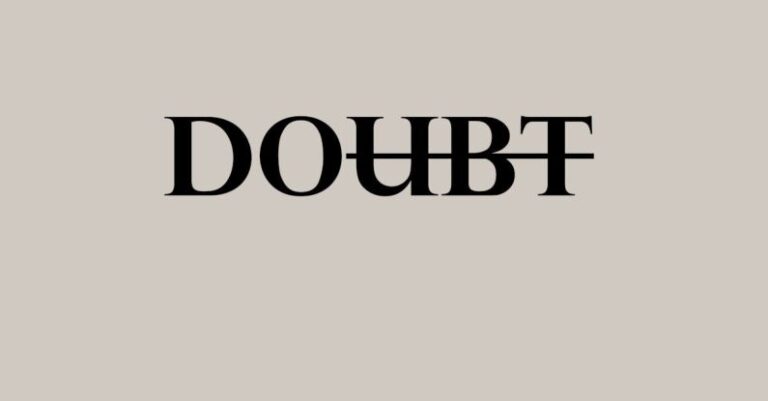
Setting goals is like creating a roadmap for your career journey. It provides a clear direction, motivates you to strive for success, and helps you measure your progress along the way. In today’s fast-paced and competitive work environment, goal setting plays a crucial role in shaping your career growth. Let’s delve deeper into why setting goals is important for advancing in your professional life.
**Clarity and Focus**
One of the primary reasons why goal setting is essential for career growth is that it brings clarity and focus to your aspirations. When you have a clear vision of where you want to go and what you want to achieve, you are better equipped to make decisions that align with your objectives. Setting specific, measurable, achievable, relevant, and time-bound (SMART) goals enables you to concentrate your efforts on tasks that will propel you towards your desired career outcomes.
**Motivation and Drive**
Goals serve as powerful motivators that drive you to push beyond your comfort zone and strive for excellence. When you have well-defined goals, you are more likely to stay motivated and focused on your professional development. The sense of accomplishment that comes with achieving milestones along the way fuels your drive to continue progressing in your career. Whether it’s aiming for a promotion, acquiring new skills, or expanding your network, setting goals keeps you inspired to take consistent action towards your ambitions.
**Professional Development and Growth**
Goal setting is a catalyst for continuous learning and growth in your career. By establishing specific objectives related to skill enhancement, career advancement, or personal development, you create opportunities to expand your knowledge and expertise. Setting goals that challenge you to acquire new competencies or take on more significant responsibilities not only enhances your professional capabilities but also positions you as a valuable asset in the eyes of employers and colleagues.
**Accountability and Monitoring Progress**
When you set goals, you hold yourself accountable for your professional success. By defining clear objectives and timelines, you create a framework for monitoring your progress and evaluating your performance. Regularly reviewing your goals allows you to assess what is working well, identify areas for improvement, and make necessary adjustments to stay on track. This self-accountability fosters a proactive approach to career development and ensures that you remain focused on achieving your desired outcomes.
**Opportunities and Advancement**
Setting goals opens doors to new opportunities and paves the way for career advancement. Whether it’s setting a goal to secure a leadership position, launch a successful project, or enter a new industry, having a roadmap in place positions you to capitalize on opportunities that align with your ambitions. Goal-oriented individuals are more likely to attract mentorship, networking connections, and career prospects that can propel them towards their desired professional milestones.
**Work-Life Balance and Wellbeing**
Goal setting is not just about professional achievements; it also plays a vital role in maintaining a healthy work-life balance and overall wellbeing. By setting goals that encompass personal growth, self-care, and life outside of work, you create a holistic approach to success that prioritizes your mental, emotional, and physical health. Balancing career aspirations with personal goals helps you lead a fulfilling and purposeful life that nurtures both your professional and personal fulfillment.
**Striving for Excellence**
In a competitive job market, goal setting sets you apart as a motivated and driven individual who is committed to excellence. Employers value candidates who demonstrate initiative, ambition, and a proactive approach to their professional development. By setting and achieving goals that demonstrate your dedication to continuous improvement and success, you position yourself as a top contender for career opportunities that align with your aspirations.
**Embracing Adaptability**
While setting goals is essential for career growth, it is equally important to remain adaptable and open to change. The ability to pivot, recalibrate goals, and embrace new opportunities is key to navigating the dynamic landscape of the modern workplace. Embracing adaptability alongside goal setting enables you to stay agile, resilient, and responsive to evolving circumstances, ensuring that you can thrive in an ever-changing professional environment.
**Cultivating a Growth Mindset**
Goal setting is not just about achieving specific outcomes; it is also about nurturing a growth mindset that embraces challenges, learns from failures, and celebrates successes. By setting goals that stretch your capabilities, encourage innovation, and foster resilience, you cultivate a mindset that sees setbacks as learning opportunities and obstacles as stepping stones to success. A growth mindset combined with goal setting propels you towards continuous improvement, self-discovery, and long-term career growth.
**In Summary**
In conclusion, goal setting is a fundamental driver of career growth that empowers you to define your aspirations, drive your motivation, and chart a path towards success. By setting clear, actionable goals that align with your professional ambitions, you create a roadmap for continuous learning, advancement, and personal fulfillment. Embracing goal setting as a cornerstone of your career development not only positions you for success but also nurtures a mindset of resilience, adaptability, and excellence that propels you towards a fulfilling and rewarding professional journey.





